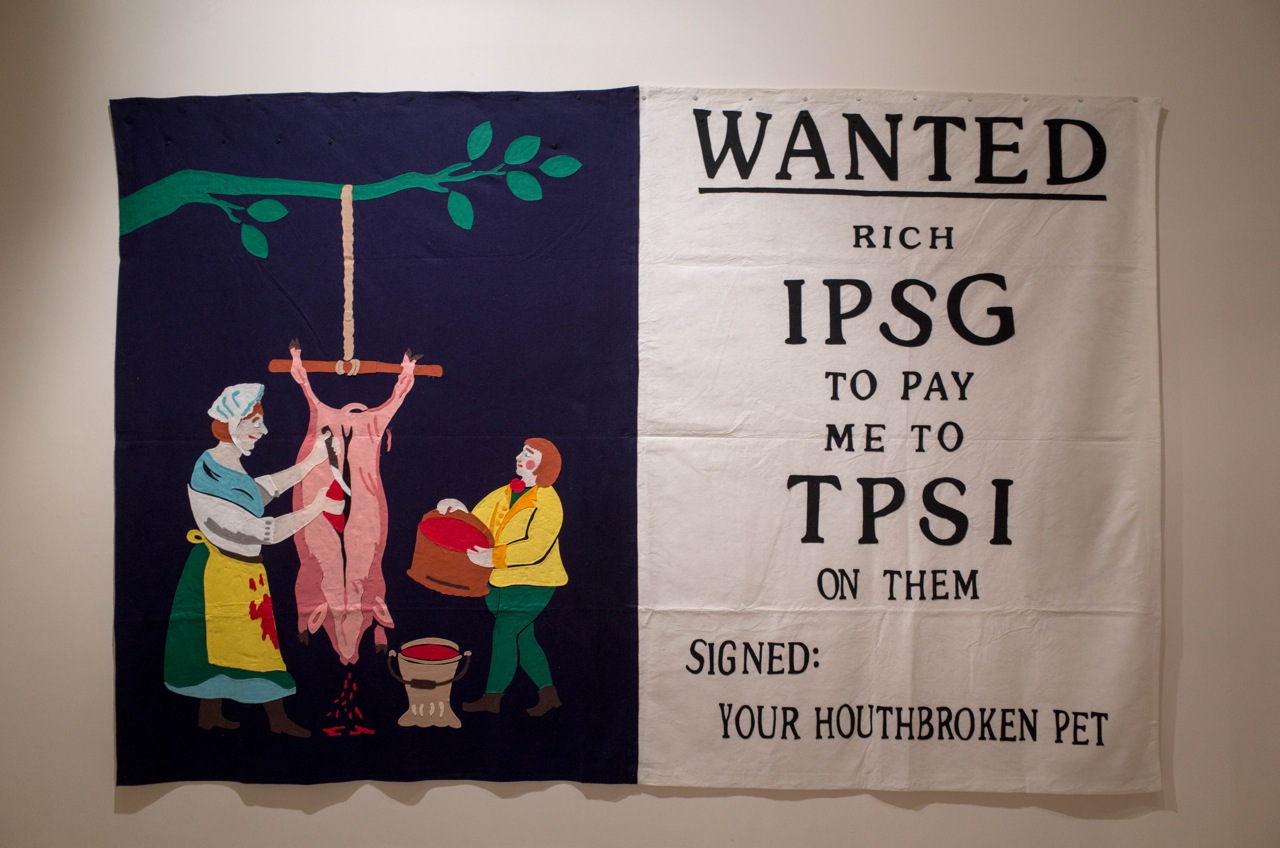All right, here's the books I read in 2013 and a little blurb on what I thought of them. See how my iPhone is in the picture with the books, too? That's to symbolize that I read a number of these books on it. Never thought reading books on my phone would be my thing, but it sort of happened. It's subway friendly.
To the Lighthouse by Virginia Woolfe — This I actually read most of in 2012 and wrapped up a few days into 2013. Wasn't bonkers about it, kind of got confused. Probably should have read it for a class.
Thanksgiving: How to Cook It Well by Sam Sifton — Thanksgiving Dinner and I have had a complicated relationship, but I'm starting to respect it. Former NY Times critic writes a little book on how to cook Thanksgiving right, and I pick it up, because I want to know how it is you should cook it right. Reading it I wondered if I'd set a goal of cooking my first Thanksgiving feast by the time I finish it. As of now, I have not set that goal. But I've got the book right here, in case I ever decide to cook a Thanksgiving dinner.
You'll Be Perfect When You're Dead by Dan Harmon — My copy of this collection of Dan Harmon's online writings arrived a few days after I returned from
my trip to DC to see Harmontown live. I'm just endlessly entertained by almost anything this guy has to say, that's all there is to it.
Warlock by Oakley Hall — The Great American Cowboy Novel, or so many say. I liked it lots. Been a good while since I read a long book with a plot and characters and where things happen. Left me with a lot to mull over. The old west was a rough place.
Lucky Jim by Kingsley Amis — A great book to follow Warlock with. The misadventures of a teacher at a little English college, it's a light and humorous bit of British wit and absurd British circumstances. In this Downton age, I'd say it's very ready for another film or PBS miniseries adaptation. Disclaimer: Although I just referenced Downton Abby, there are no manors and hardly any butlers in this book.
Fault in Our Stars by John Greene/The Spectacular Now by Tim Tharp — I read two highly recommended YA books, so sue me! But before you sue me, let me tell you I didn't like either one one bit. Not one bit! And I can tell you what my problem is with these and the other YA books I've read (err, that would be a few Twilight books and the first Hunger Games) is: I hate how wise beyond their years the first person teenage narrative protagonists always are, and how whimsical their friends are. I hate how they know so much more than the adults, how they feel everything so deeply, how the whole universe is like a map in their back pocket. I understand this is a necessary tactic of the YA author, to suck up to their audience, the self-centered teen reader can think "Ah, here we go, someone else who knows everything! Finally a character I can relate to." Someone write a real YA novel, a novel where the kids don't know anything! Because kids DON'T know anything!
JR by William Gaddis — Here's my most memorable conquest of the year, giant book famous for not being famous enough (that's a quote about Gaddis himself that I'm stealing and applying here) that tells the story of the rise and the fall of a grade school tycoon. But the most interesting thing about it ithe book is 95%, no, 98% made up of dialogue, there's nearly no exposition at all. And it's not dialogue like "Oh good, Bill, it's good to see you, I'm glad you just walked into the room." No, you have to figure out from the dialogue that Bill has walked into the room, you have to recognize that there's a new voice in the conversation. A 726 page demonstration of showing, not telling. Required reading for 100 level Creative Writing, perhaps?
Steve Jobs Biography — Turns out he was a jerk. That's the lesson of most biographies, it seems.
James Joyce Gordon Bowker — See review above. But also, I learned a lot more about Joyce from this book than Ellman's seminal Joyce bio. Gained a much better understanding of the roadmap of Joyce's life. Another very important thing I gained from this book: I have been freed from Finnigans Wake! I no longer wonder if I should read it again, if I should try to understand it. From the story of Joyce's life, I've developed the opinion that work on the Wake was an escape he threw himself into during 30 tumultuous years. Joyce's daily entertainment. Eventually he decided it was done, and then it was published. Not that it wasn't without beauty! But it's just a puzzle that doesn't necessarily have a solution. It's not a book, It's a cathedral. Architecture, not literature.
Bleeding Edge by Thomas Pynchon — Ok, I liked it better than Inherent Vice, that's for sure. And I very much liked reading Pynchon writing about New York again, and in a semi-contemporary setting. But I just dig his multi-storylined historical epics with casts of hundreds so much more than I do his detective novels. That's just how it is.
Morrissey by Morrissey — Wanted to read something light and inconsequential after Bleeding Edge. This was the charming solution. I read it on my iPhone, you know how you can highlight quotes in iBook? And then press a button and you can see every quote you've highlighted? My quotes section for Morrissey is 130 items long. Non-stop bon mots! I've never been as big a Morrissey fan as I liked to be (deep-knowledge Morrissey fandom seems like a good music-fan trait to have) but now I've got a good amount of data to move forward with: He's concerned with record sales. He is difficult. He has disliked a lot of people. He will go on and on and on about a lawsuit. He once saw a ghost. Those are the main things to learn.


































































